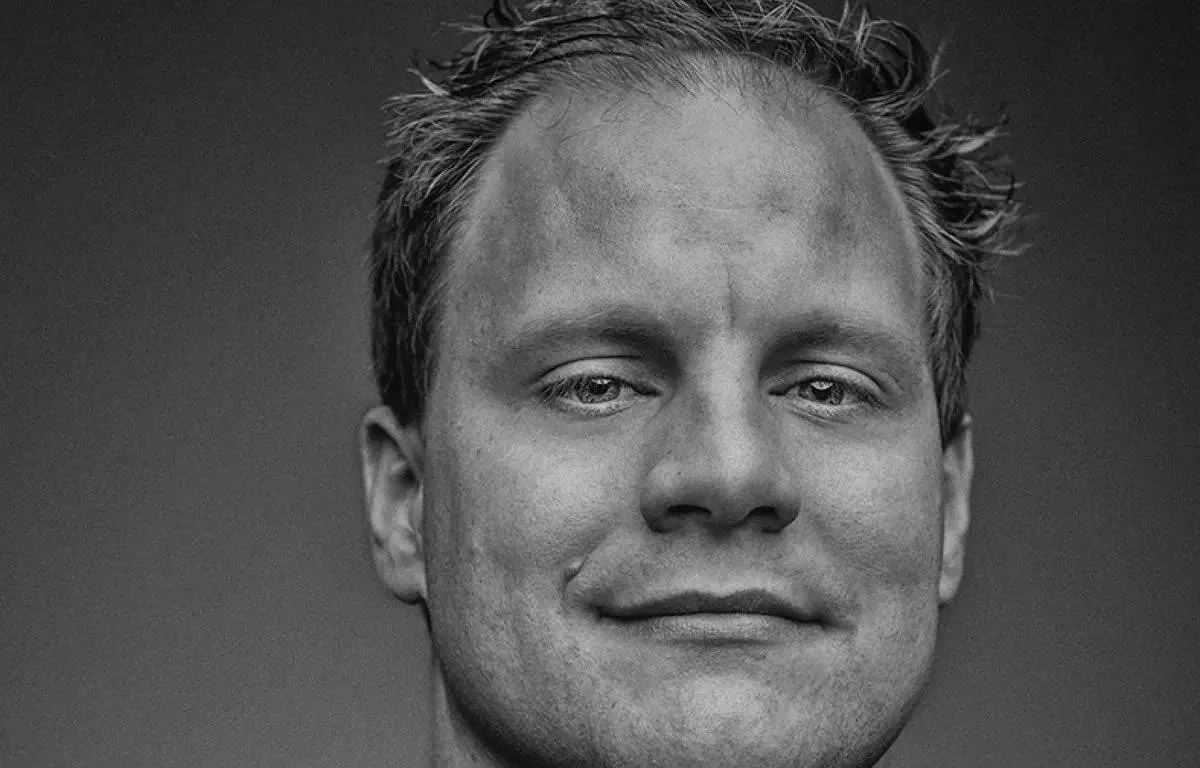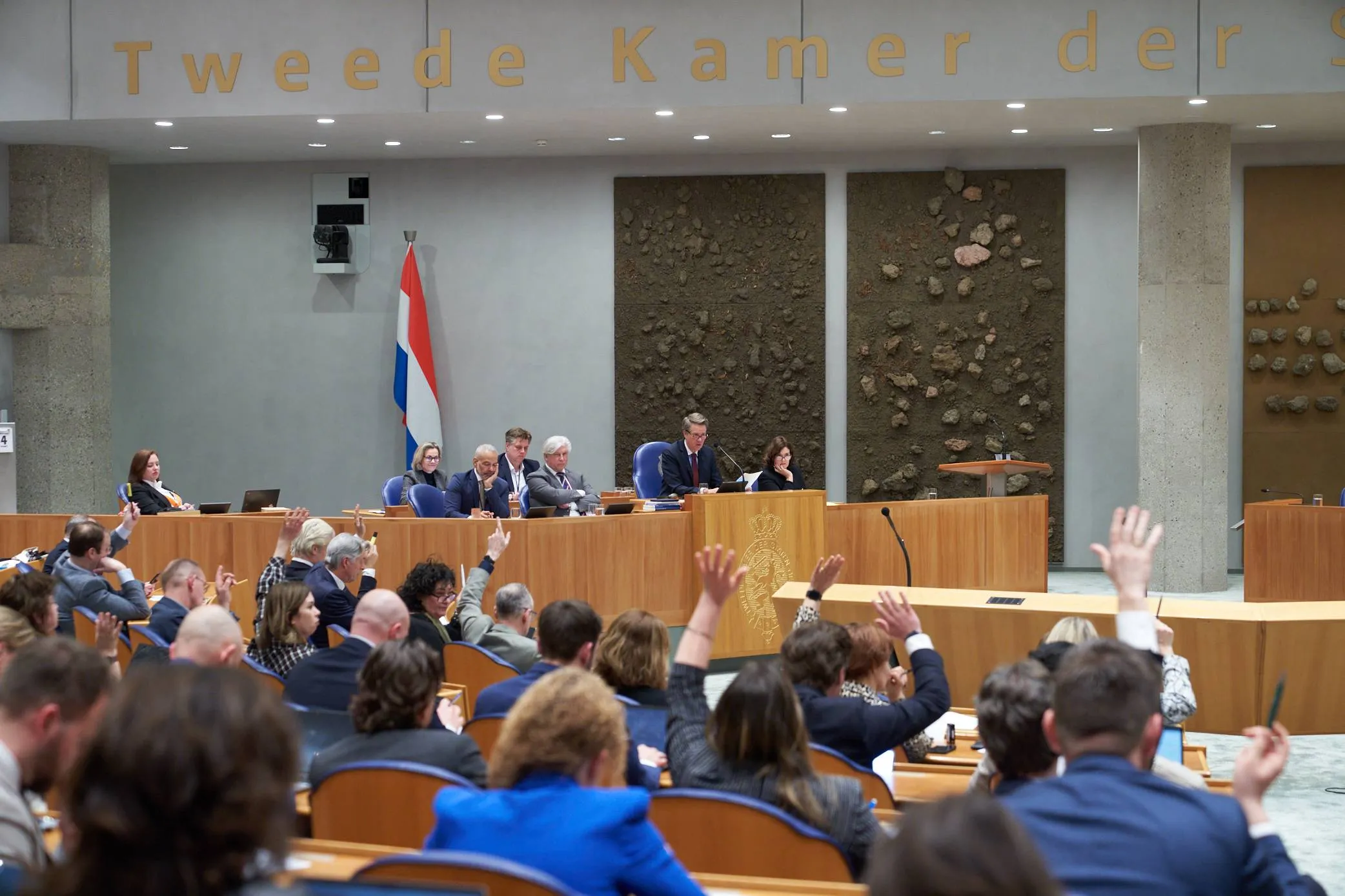We moeten de mensen van de angst voor opwarming van de aarde verlossen
Duitse klimatoloog Hans von Storch (geen klimaatscepticus!) gooit weer eens de knuppel in het hoenderhok.
Onder de titel: 'SPIEGEL Interview with Climatologist Hans Von Storch: "We Have to Take Away People's Fear of Climate Change"', publiceerde Olaf Stampf reeds in 2003 een opmerkelijk interview met de Duitse klimatoloog Hans von Storch in 'Der Spiegel', waarin deze zich sterk afzette tegen onheilsprofeten, zoals HansJoachim Schellnhuber en Stefan Rahmstorf (die hij overigens niet met name noemt) van het PIK (Potsdam Institut für Klimafolgenforschung de Duitse tegenhanger van ons PBL). Het is een oud artikel, maar nog steeds actueel. Ik pik er een aantal citaten uit.
Hans von Storch is one of Germany's leading researchers on climate change. DER SPIEGEL spoke with him about why fears of global warming are exaggerated and the doom-mongering tendencies of German scientists.
SPIEGEL: Some climate protection groups and politicians are calling on Germans to spend their summer vacations in their own country in the future.
Storch: That's just another one of those typically German attempts to save the world with symbolic acts. It makes us feel like better people and morally superior to everyone else.
SPIEGEL: What's wrong with reducing CO2 emissions?
Storch: It is in fact necessary to reduce CO2 emissions. There is no reason why we shouldn't spend our vacations on (the North Sea island of) Sylt instead of in the Seychelles, or drive more economical cars -- for the sake of preserving increasingly scarce resources if nothing else. But that won't enable us to stop climate change. As long as China, India and the United States continue the way they have been, what we Germans do is more or less irrelevant.
SPIEGEL: Is it even possible to prevent global warming at this point?
Storch: No. Because of the inherent time lag in the climate system, the greenhouse gases that have already been pumped into the atmosphere will undoubtedly lead to a certain increase in temperature in the coming decades. We can no longer completely avoid anthropogenic climate change. At best, limiting the temperature rise to two degrees is just about possible, according to optimistic estimates. That's why we should spend more time talking about adjusting to the inevitable and not about reducing CO2 emissions. We have to take away people's fear of climate change.
SPIEGEL: But many believe that the end of the world is upon us. Is the climate debate gradually becoming too hysterical?
Storch: Indeed. The fear of climatic catastrophes is an ancient one and not unlike our fear of strangers. In the past, people believed that the climate almost always changes for the worse, and only rarely for the better -- God's punishment for sinful behavior. And nowadays it's those hedonistic wastrels who pollute the air so that they can look at some pretty fish in the South Seas. It would be better if we only ever rode bikes. Oh, there's always someone wagging a finger in disapproval.
SPIEGEL: Are there only negative consequences when the temperature increases by two or three degrees on the planet?
Storch: Detailed forecasts are not possible, because we don't know how emissions will in fact develop. We climate researchers can only offer possible scenarios. In other words, things could end up being completely different. But there are undoubtedly parts of the world that will benefit on balance from climate change. Those areas tend to be in the north, where it has been cold and uncomfortable in the past. But it's considered practically heretical to even raise such issues.
SPIEGEL: What would be the consequences for Germany, for example?
Storch: Very mixed. We will probably see higher storm tides. As a result, we won't be able to avoid building higher dikes. But our hydraulic engineers have already done a good job controlling the higher storm tides in Hamburg, for example, which we brought on ourselves by narrowing the Elbe River. At the same time, increased precipitation in the winter will force us to improve drainage on fields and meadows. On the other hand, milder temperatures will certainly boost tourism, especially along the North Sea and the Baltic Sea.
SPIEGEL: And what about the monster storms that will supposedly be rushing in our direction in a greenhouse climate?
Storch: A false alarm, so far, even though it's become warmer by almost one degree since the beginning of industrialization. According to the computer models, we do expect high winds in northern Germany to increase by one percent per decade. But this is such a weak phenomenon that we won't even notice it at first.
SPIEGEL: And the thousands of heat-related deaths the Kiel Institute for World Economics predicted in a recent study?
Storch: Such claims are completely idiotic and dubious. What they did was to simply perform an extrapolation based on the mortality rate during the exceptionally hot 2003 summer, which took everyone by surprise and for which we were therefore completely unprepared. But if higher summer temperatures become the norm in the future, people will adjust. Perhaps they'll take naps more frequently in the afternoon and convert their houses accordingly. The good thing is that all of these changes will not happen overnight, but in the space of decades. We still have enough time to react.
SPIEGEL: Why is it such a taboo to ask about the positive effects of climate change?
Storch: The reasons are likely rooted in religion. Playing around with God's creation is simply not allowed. Incidentally, in the past it was precisely the deeply religious people who said: Of course we're playing with God's creation, in fact we're perfecting it. This sort of thinking is frowned upon today.
SPIEGEL: Aren't climate researchers helping fuel a state of panic with their generally bleak warnings?
Storch: Unfortunately many scientists see themselves too much as priests whose job it is to preach moralistic sermons to people. This is another legacy of the 1968 generation, which I happen to belong to myself. In fact, it would be better if we just presented the facts and scenarios dispassionately -- and then society can decide for itself what it wants to do to influence climate change.
Zie verder hier.
Onlangs publiceerde 'Der Spiegel' een nieuw vraaggesprek met Hans von Storch: 'Wir stehen vor einem Rätsel'.
De onvermoeibare Pierre Gosselin schreef daar onder meer het volgende over op zijn blog:
What follows are some excerpts that appear at von Storchs Klimazwiebel site on the Spiegel interview and from the interview itself.
Less climate hysteria today
On the climate aspects of the flooding that has just occurred in Germany, HvStorch:
In my view the climate hysteria has decreased. There are still people who with every natural catastrophe are ritually calling out: You see, its climate changes fault! But indeed many more people are talking about the real causes of the flooding, like covering the ground with asphalt and concrete and the disappearance of natural flood plains. Thats good.
Models facing a serious problem
On the current temperature stagnation while CO2 is rising, Klimazwiebel quotes HvStorch:
We face a puzzling problem. Only 2% of the models foresaw this, and if nothing changes in the next 5 to 6 years, research will be faced with a serious problem as not a single model projected that.
SPIEGEL asks:
Thats pretty dismal for your colleagues when they have to go back to the drawing board to adjust the models to fit reality
HvStorch:
Why? Thats how the process of science works. In science, also in climate science, there is no last word. We never deliver the truth. Rather we deliver the closest approximation of reality. Its just that this often gets forgotten in the public perception and communication.
HvStorch adds:
The mistake is that science often produces the impression that it is the keeper of the truth.
Expect more surprises
Later in the Spiegel interview, HvStorch also believes that the global temperature will eventually resume its rise and may even exceed 2°C, depending on how emissions develop. He thinks so because that is what his instincts tell him, he says. He elaborates further:
Other climate scientists probably have another instinct. Our models do make lots of assumptions that are highly subjective. You can calmly expect more surprises.
Aldus Pierre Gosselin.
Zie verder hier.
Het zeer lezenswaardige artikel in 'Der Spiegel' is als bijlage bijgevoegd.
Inmiddels is de Engelse versie ook verschenen: zie hier:
Kortom, klimatologen staan voor een raadsel. Dat wijkt nogal af van eerdere zelfverzekerde uitspraken uit klimatologenland: 'The science is settled. All scientists agree!' Op deze onjuiste uitspraken is een klimaatindustrie gebouwd, die de betrokken landen honderden miljarden per jaar kost en helemaal niets, maar dan ook niets nuttigs oplevert.
Zoals ik al eerder schreef, is Von Storch geen klimaatscepticus. Een aantal van zijn opvattingen wordt dan ook niet door klimaatsceptici gedeeld. Maar zijn onafhankelijke, kritische en nuchtere opstelling in het klimaatdebat wordt wèl hogelijk gewaardeerd door hen.
Voor mijn eerdere DDSbijdragen, zie hier.


